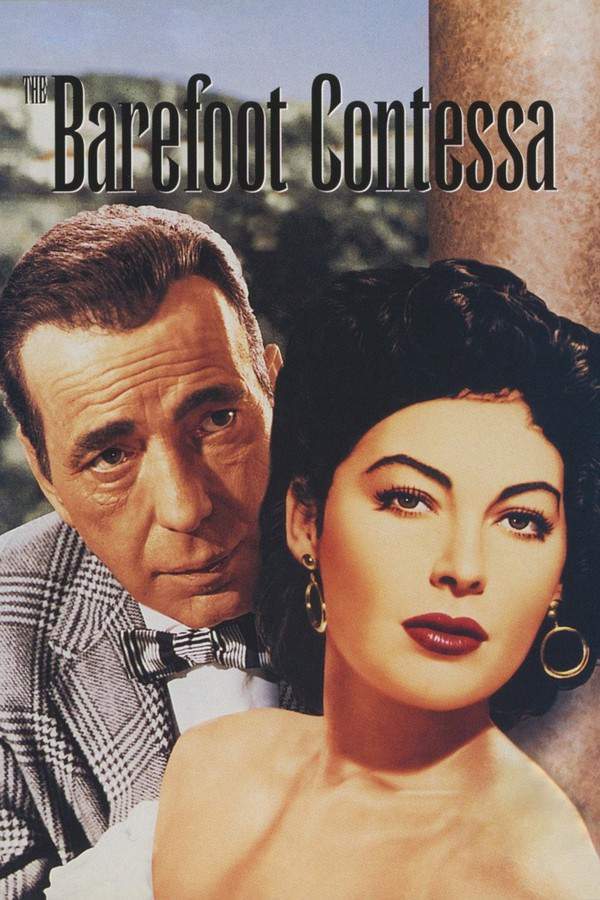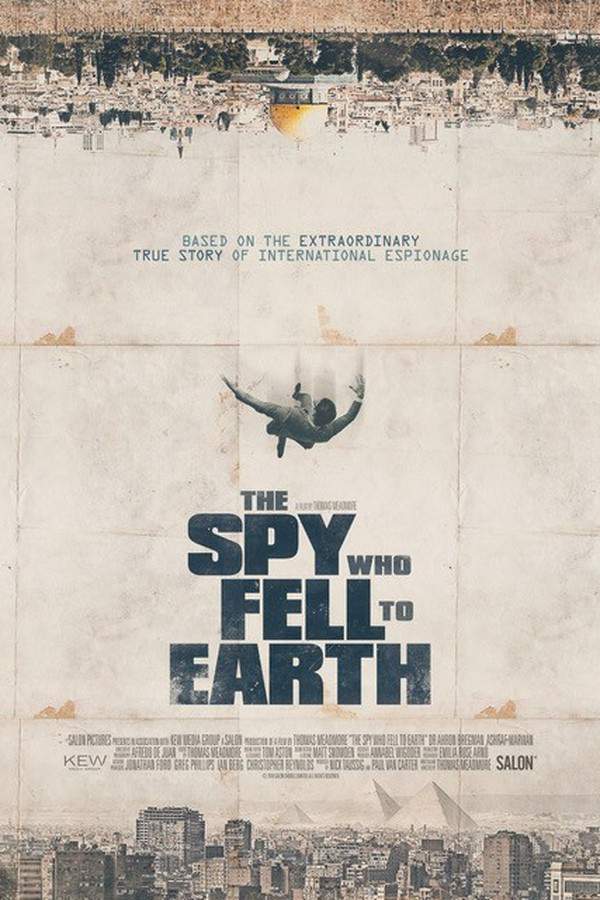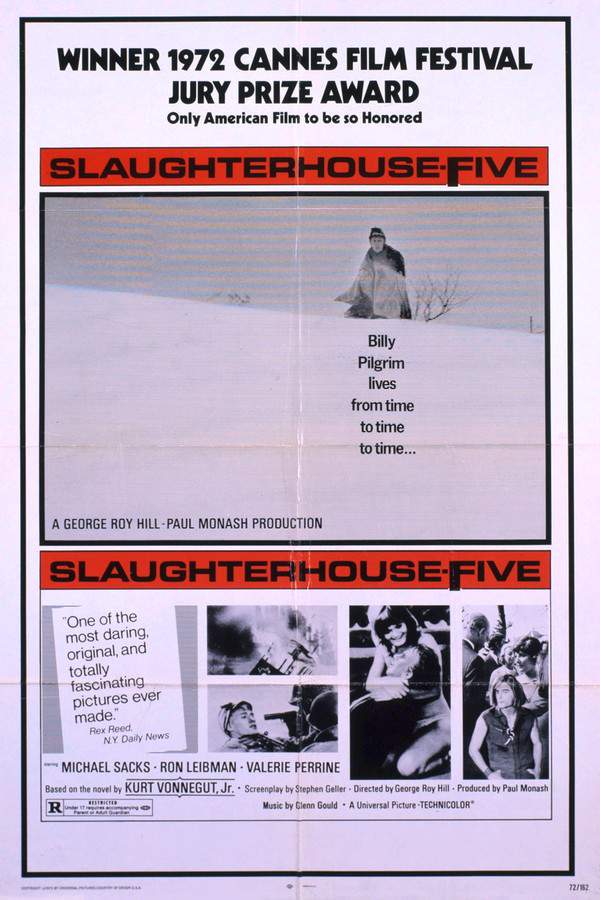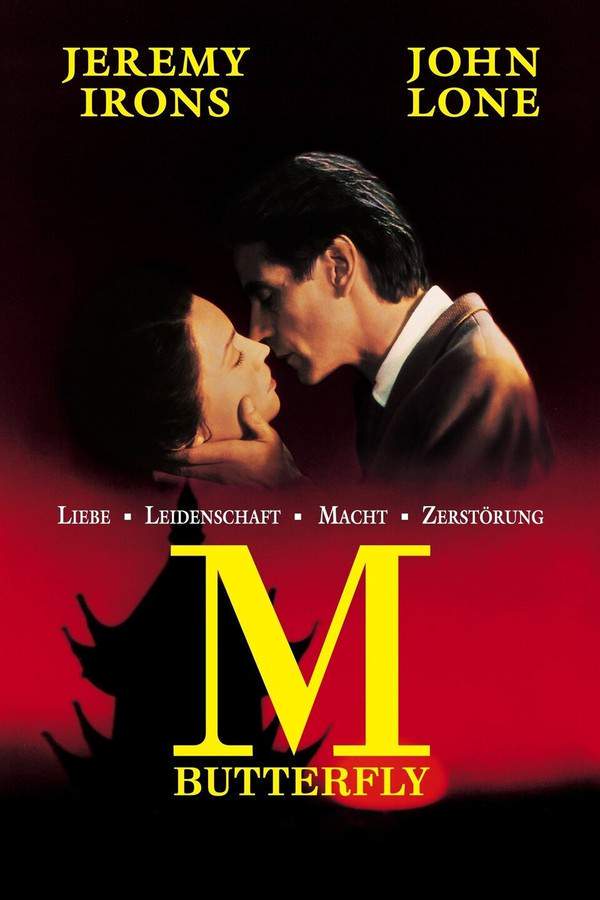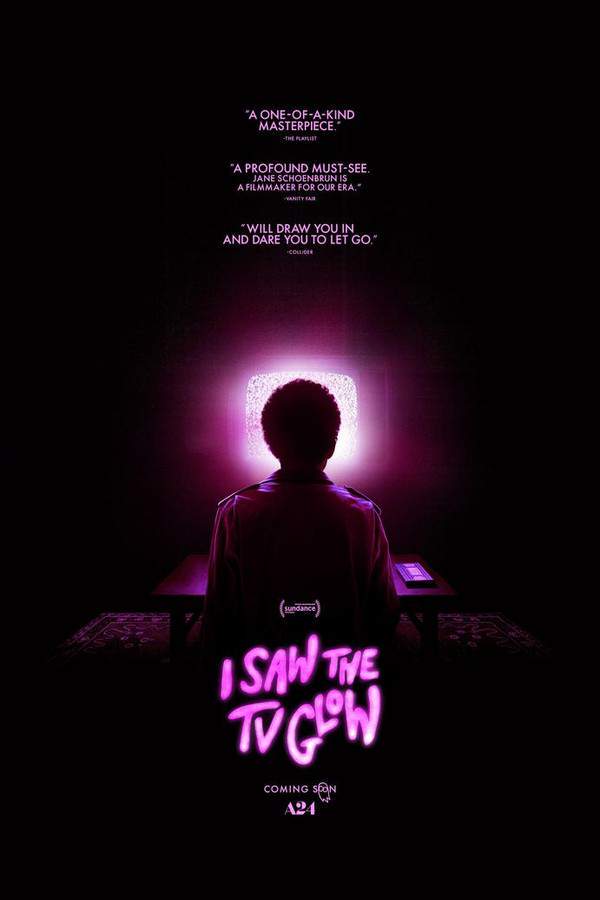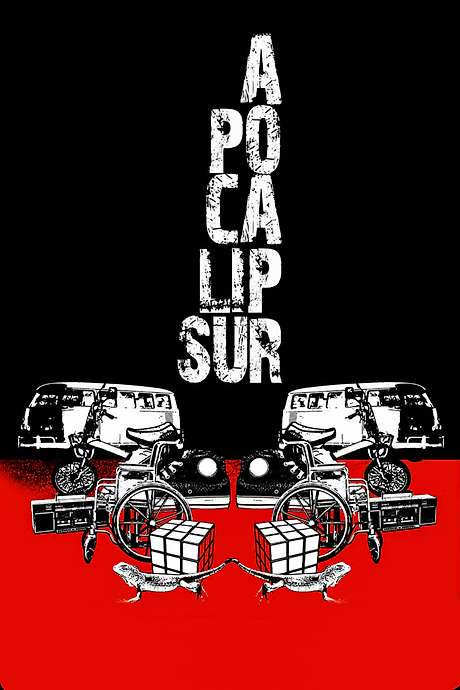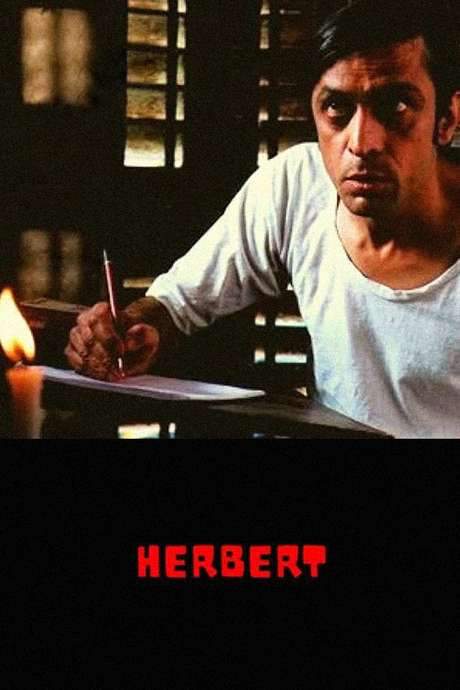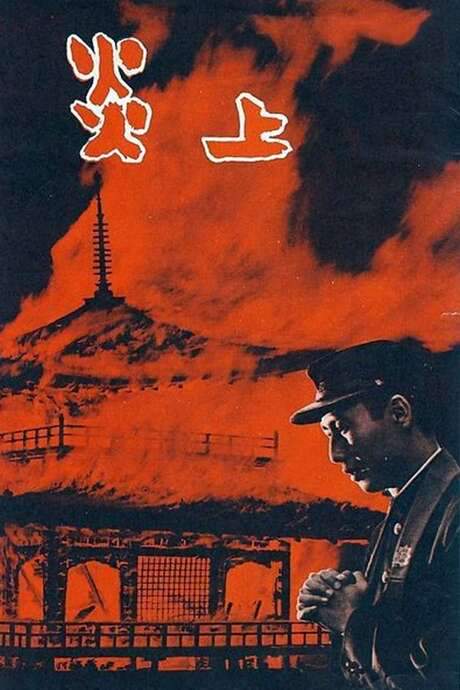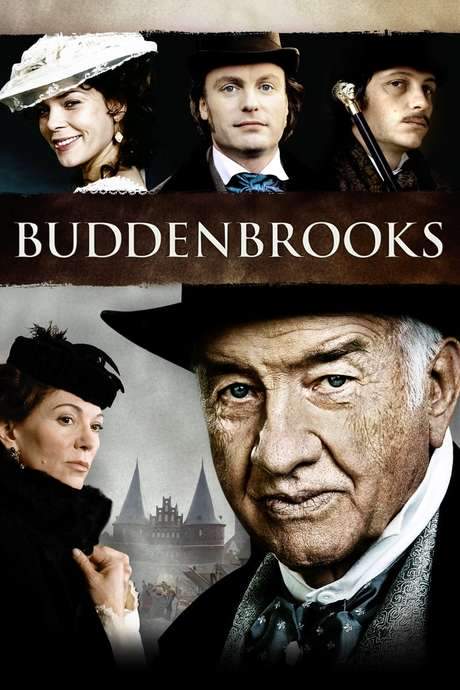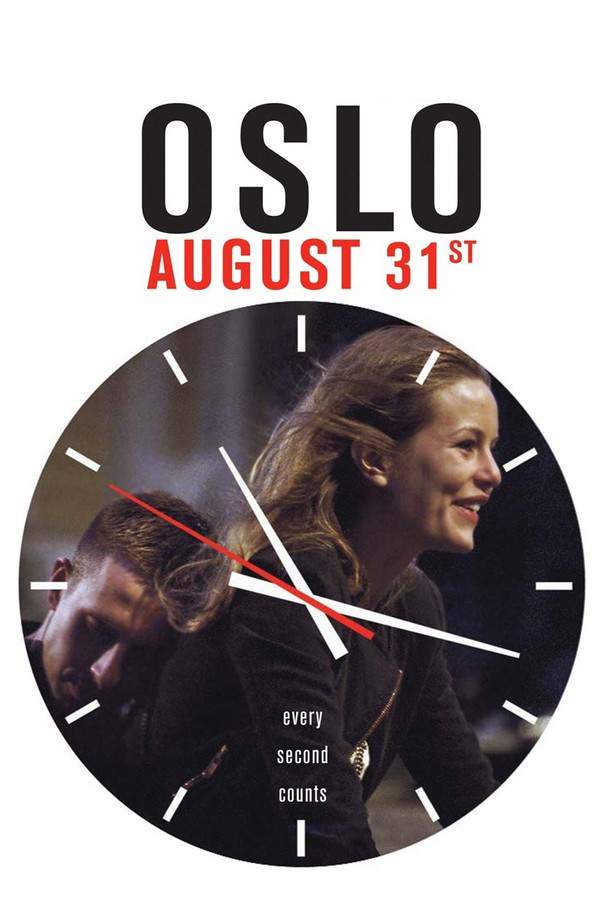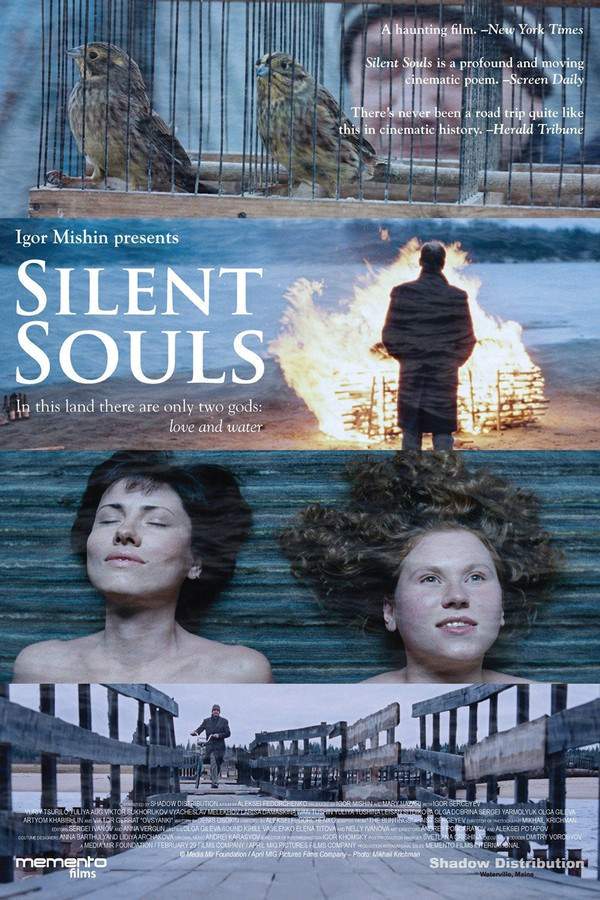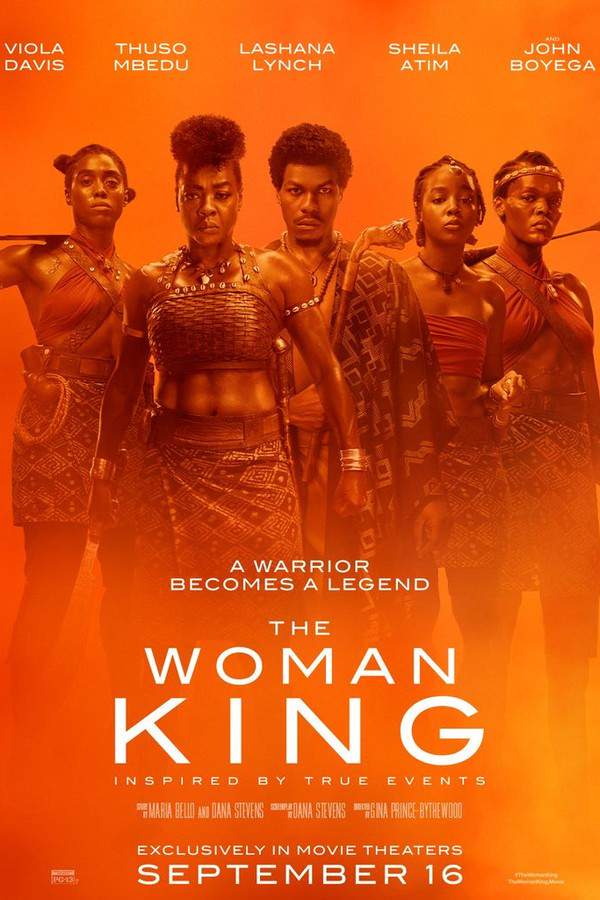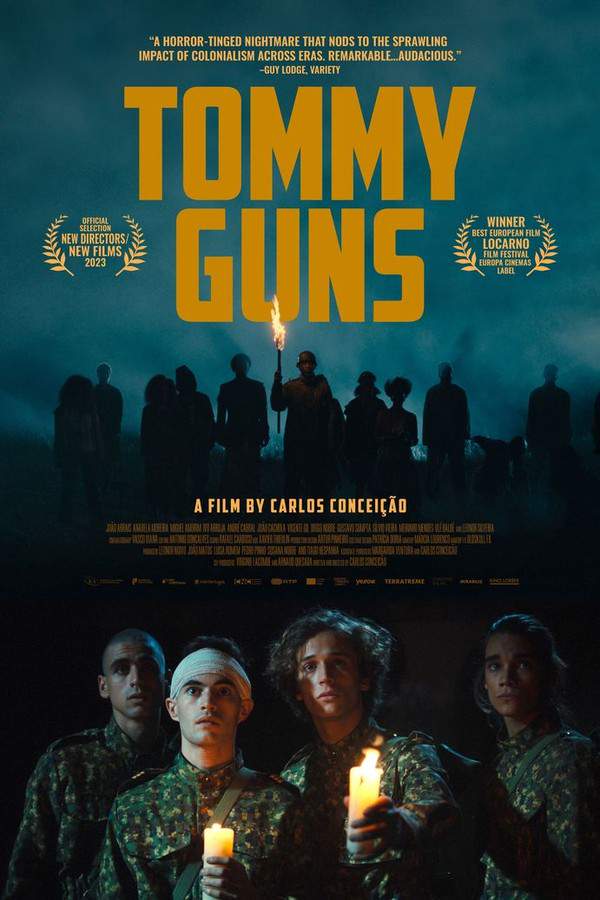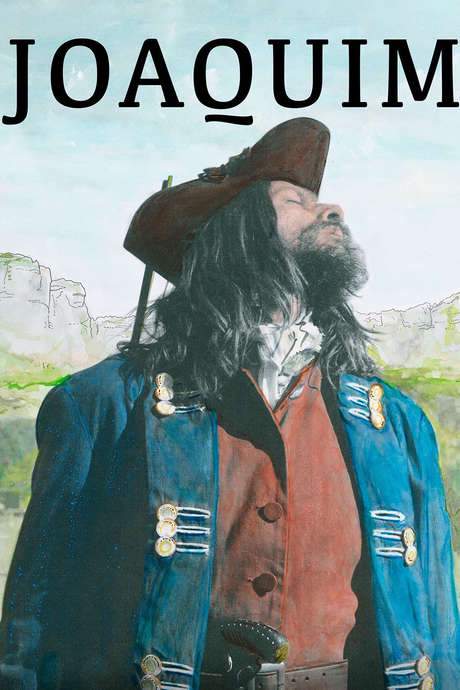
No, or the Vain Glory of Command
Year: 1990
Runtime: 107 mins
Language: Portuguese
Through a series of flashbacks, a conscripted history student narrates key episodes from Portugal’s entire military past to his comrades as they march through a rebellious African colony in 1973, linking past glories and defeats to the present conflict.
Warning: spoilers below!
Haven’t seen No, or the Vain Glory of Command yet? This summary contains major spoilers. Bookmark the page, watch the movie, and come back for the full breakdown. If you're ready, scroll on and relive the story!
Timeline & Setting – No, or the Vain Glory of Command (1990)
Explore the full timeline and setting of No, or the Vain Glory of Command (1990). Follow every major event in chronological order and see how the environment shapes the story, characters, and dramatic tension.
Last Updated: October 04, 2025 at 12:32
Main Characters – No, or the Vain Glory of Command (1990)
Meet the key characters of No, or the Vain Glory of Command (1990), with detailed profiles, motivations, and roles in the plot. Understand their emotional journeys and what they reveal about the film’s deeper themes.
Last Updated: October 04, 2025 at 12:32
Major Themes – No, or the Vain Glory of Command (1990)
Explore the central themes of No, or the Vain Glory of Command (1990), from psychological, social, and emotional dimensions to philosophical messages. Understand what the film is really saying beneath the surface.
Last Updated: October 04, 2025 at 12:32
Explore Movie Threads
Discover curated groups of movies connected by mood, themes, and story style. Browse collections built around emotion, atmosphere, and narrative focus to easily find films that match what you feel like watching right now.
Historical dramas about the futility of war like in No, or the Vain Glory of Command
Stories where past and present collide to reveal the cyclical tragedy of ambition.Discover movies like 'No, or the Vain Glory of Command' that use complex narratives to dissect history's cycles. If you were fascinated by its linking of Portugal's military past to a colonial present, you'll find similar films here that explore national identity, the burden of history, and the bleak repetition of conflict.
Narrative Summary
The narrative pattern involves a framing story, often in a critical present moment, that triggers reflections or flashbacks to pivotal historical events. This structure is used to draw direct parallels, forcing characters—and the audience—to confront the repetitive and often futile nature of historical forces like imperialism and war, leading to a sense of profound disillusionment.
Why These Movies?
Movies in this thread are grouped by their shared intellectual and emotional approach to history. They are not just period pieces but philosophical inquiries that use a non-linear or comparative structure to argue a point about destiny, futility, and the psychological weight of the past, resulting in a heavy, melancholic viewing experience.
Bleak anti-war dramas with a philosophical tone like No, or the Vain Glory of Command
Bleak and philosophical films that dissect the psychological trauma and pointlessness of conflict.If the heavy, reflective, and fatalistic atmosphere of 'No, or the Vain Glory of Command' resonated with you, this list features similar anti-war films. These movies prioritize mood and philosophical questioning over action, sharing a melancholic tone and a complex, often bleak perspective on military conflict and its human cost.
Narrative Summary
Stories in this thread often follow soldiers or officers in a state of questioning and moral decay. The plot is secondary to the emotional and philosophical journey, which typically involves a loss of conviction, an confrontation with meaningless violence, and a descent into a bleak, hopeless realization about the nature of the conflict they are involved in.
Why These Movies?
These films share a core DNA of mood and purpose: they are intentionally heavy, slow, and intellectual in their approach to war. The similarity lies in the oppressive, melancholic atmosphere, the focus on internal crisis rather than external victory, and the unwavering commitment to a bleak, anti-heroic conclusion that underscores the central theme of futility.
Unlock the Full Story of No, or the Vain Glory of Command
Don't stop at just watching — explore No, or the Vain Glory of Command in full detail. From the complete plot summary and scene-by-scene timeline to character breakdowns, thematic analysis, and a deep dive into the ending — every page helps you truly understand what No, or the Vain Glory of Command is all about. Plus, discover what's next after the movie.
No, or the Vain Glory of Command Summary
Read a complete plot summary of No, or the Vain Glory of Command, including all key story points, character arcs, and turning points. This in-depth recap is ideal for understanding the narrative structure or reviewing what happened in the movie.

No, or the Vain Glory of Command Timeline
Track the full timeline of No, or the Vain Glory of Command with every major event arranged chronologically. Perfect for decoding non-linear storytelling, flashbacks, or parallel narratives with a clear scene-by-scene breakdown.

No, or the Vain Glory of Command Spoiler-Free Summary
Get a quick, spoiler-free overview of No, or the Vain Glory of Command that covers the main plot points and key details without revealing any major twists or spoilers. Perfect for those who want to know what to expect before diving in.

More About No, or the Vain Glory of Command
Visit What's After the Movie to explore more about No, or the Vain Glory of Command: box office results, cast and crew info, production details, post-credit scenes, and external links — all in one place for movie fans and researchers.

Similar Movies to No, or the Vain Glory of Command
Discover movies like No, or the Vain Glory of Command that share similar genres, themes, and storytelling elements. Whether you’re drawn to the atmosphere, character arcs, or plot structure, these curated recommendations will help you explore more films you’ll love.
Explore More About Movie No, or the Vain Glory of Command
No, or the Vain Glory of Command (1990) Plot Summary & Movie Recap
No, or the Vain Glory of Command (1990) Scene-by-Scene Movie Timeline
No, or the Vain Glory of Command (1990) Spoiler-Free Summary & Key Flow
Movies Like No, or the Vain Glory of Command – Similar Titles You’ll Enjoy
The Woman King (2022) Complete Plot Breakdown
Tommy Guns (2023) Plot Summary & Ending Explained
Joaquim (2017) Full Movie Breakdown
Uncertain Glory (2017) Story Summary & Characters
Brave New Land (2000) Spoiler-Packed Plot Recap
April Captains (2000) Film Overview & Timeline
Oro, Plata, Mata (1982) Ending Explained & Film Insights
A Portuguese Farewell (1986) Movie Recap & Themes
Year of Enlightment (1986) Story Summary & Characters
The Cannibals (1988) Movie Recap & Themes
Pedro, Between the Devil and the Deep Blue Sea (2021) Ending Explained & Film Insights
The Year of the Death of Ricardo Reis (2020) Plot Summary & Ending Explained
Scenes from the Class Struggle in Portugal (1977) Spoiler-Packed Plot Recap
Voyage to the Beginning of the World (1997) Complete Plot Breakdown
A Vida Privada de Salazar (2009) Ending Explained & Film Insights

